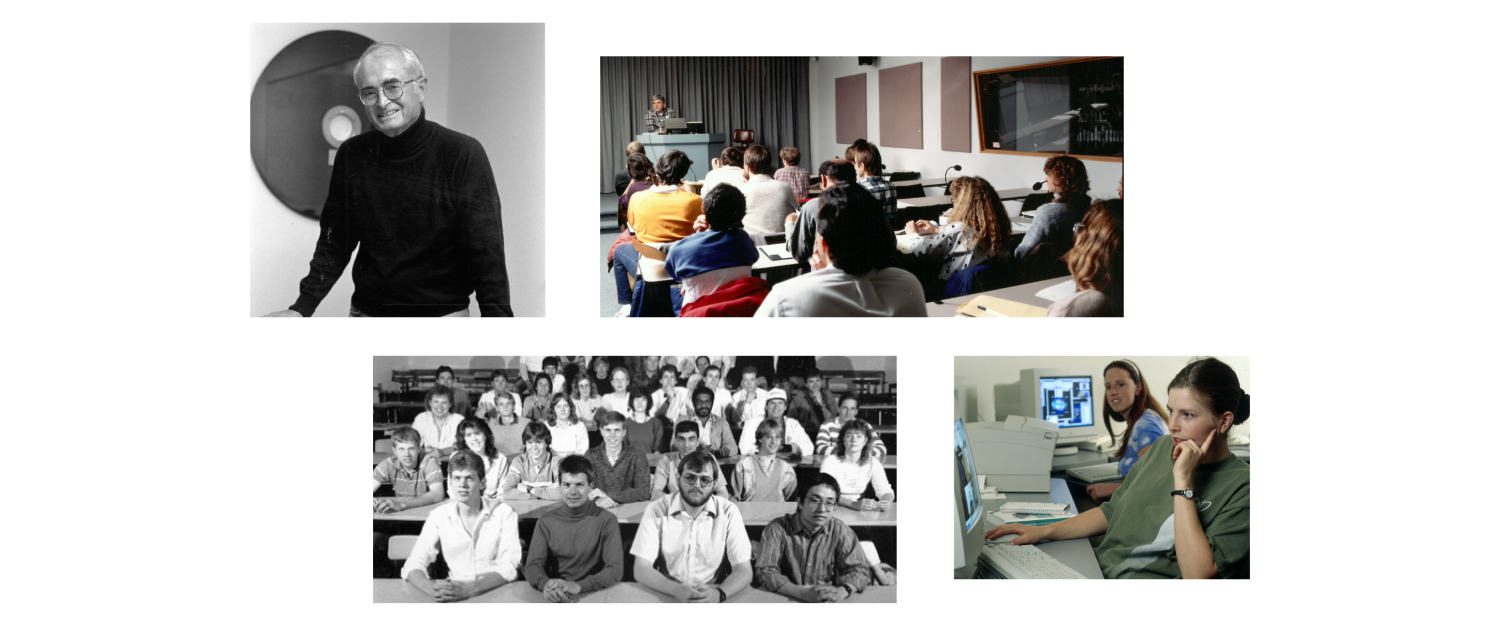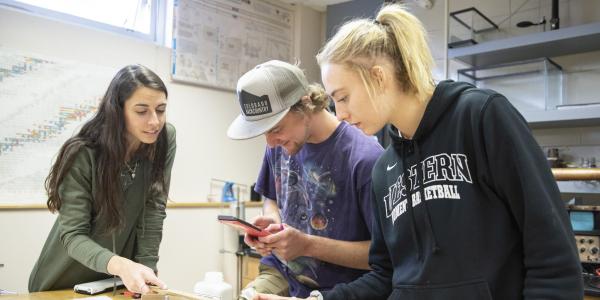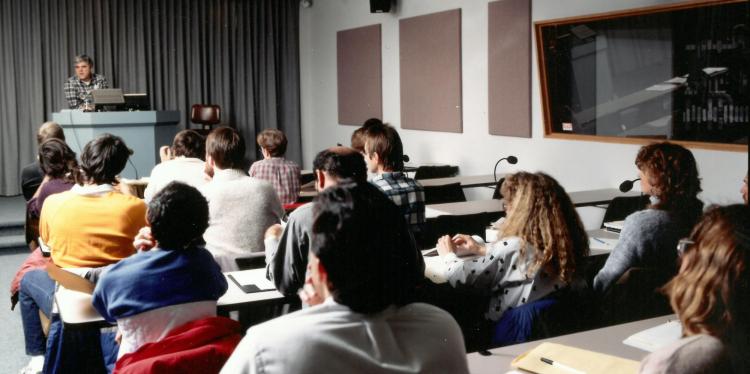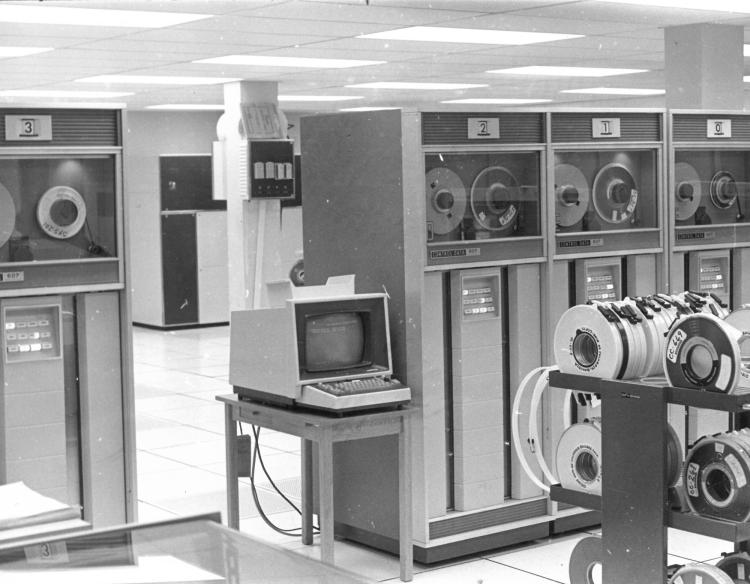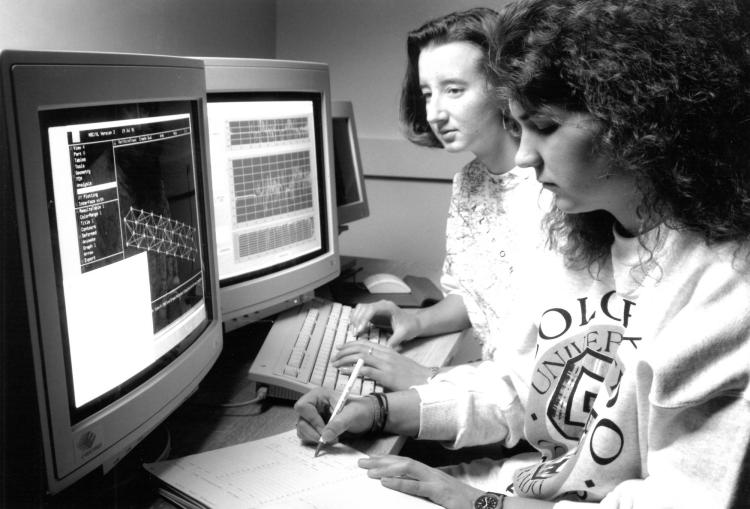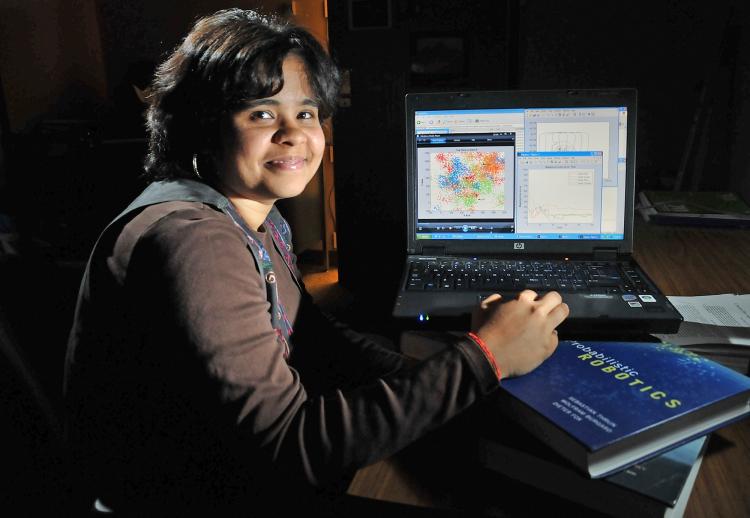The department has become known for championing collaboration and diversity in the computing field.

Ken Anderson
Chair

Bobby Schnabel
Chair
When the Department of Computing Science — soon renamed Computer Science — was established at CU Boulder in 1970, no one anticipated how ubiquitous computing would soon become.
Fifty years later, computing is everywhere — in our pockets, our vehicles, our home appliances.
At CU Boulder, computer science is the second most popular major on campus, and the ATLAS Institute and College of Media, Communication and Information also offer computing degrees.
As they marked the department’s 50th anniversary in 2020, Department of Computer Science Chairs Ken Anderson and Bobby Schnabel reflected on how the department has innovated and grown while still maintaining its early collaborative nature.
“This has historically been a department that had a lot of collaborations pointing outwards versus inwards,” Schnabel said. “We started out with strengths in numerical computation, and before too long we were working with the Institute of Cognitive Science. It has created a community that was always working with things outside the department.”
2004: faculty and alumni secured a major National Science Foundation grant to create the National Center for Women in Information Technology. 2013: they teamed with the College of Arts and Science to introduce the Bachelor of Arts in Computer Science, allowing students with more diverse academic interests to pursue a CS degree. 2017: the introduction of the online postbaccalaureate degree made it possible for people with more diverse academic backgrounds to enter the field. 2018: the department launched a partnership with Western Colorado University, allowing students to earn a CU Boulder computer science degree from the Western campus in Gunnison.
Today, faculty also collaborate across campus with ATLAS, the BioFrontiers Institute, education, linguistics and information science, among others.
The department also has earned a reputation for championing inclusivity in computing education.
As the computing community across campus grows, Anderson said they’re working to maintain that collaborative, inclusive nature.
“We acknowledge that computing is much broader than just any one department, and we’re actively trying to foster that community across the units,” he said.


